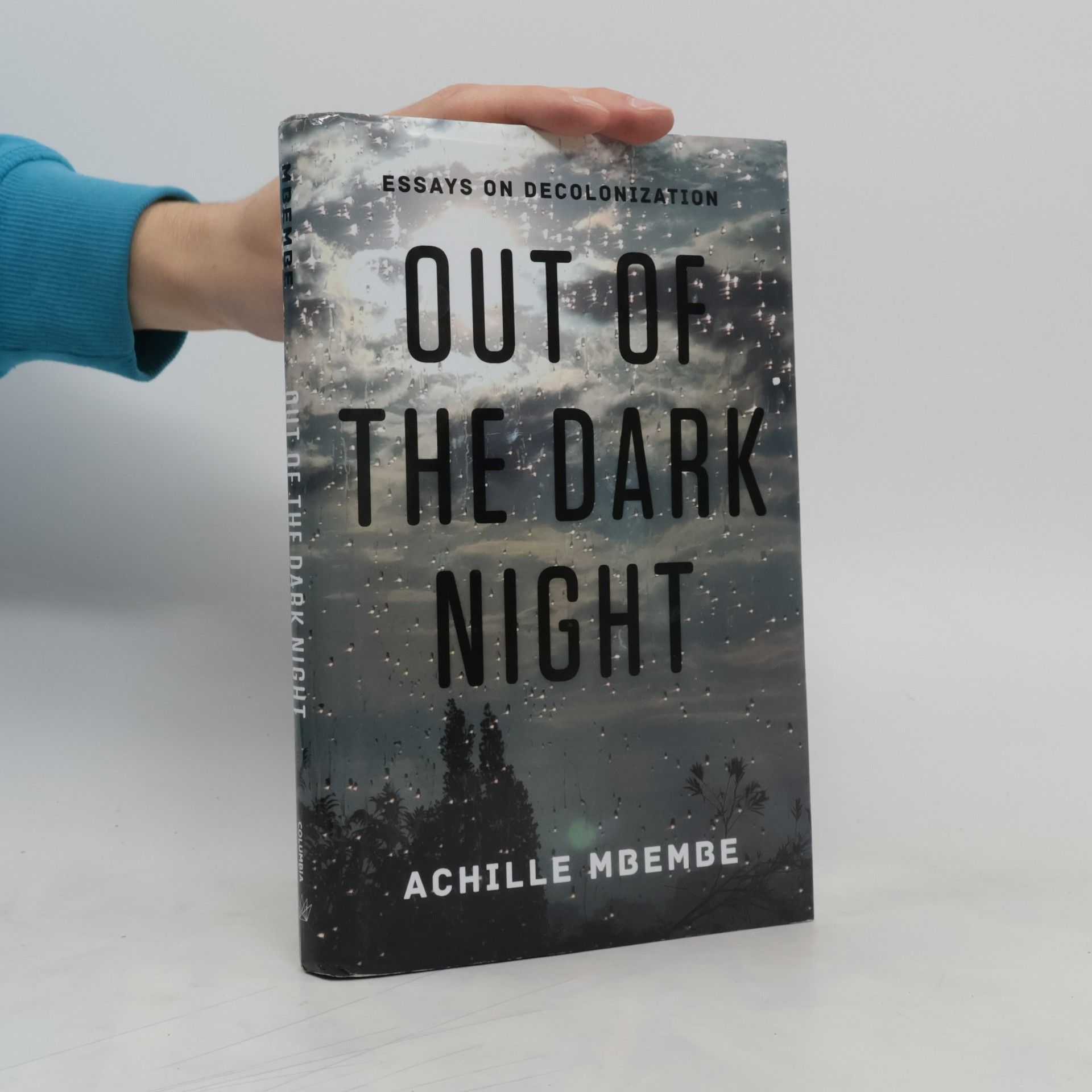Die terrestrische Gemeinschaft
Technik, Animismus und die Erde als Utopie
Achille Mbembe is a Cameroonian philosopher and political theorist whose work delves into the history and politics of Africa. His analyses deeply explore postcolonial conditions and the processes shaping modern Africa. Mbembe's writings examine the emergence of new forms of power and subjectivity within the postcolonial context. His contributions are vital for understanding the complex social and political dynamics of contemporary Africa and the Global South.







Technik, Animismus und die Erde als Utopie
Die Analyse von Achille Mbembe beleuchtet die gesellschaftliche Obsession mit Feindschaft und deren Wurzeln in den Konflikten der Entkolonialisierung des 20. Jahrhunderts. Er argumentiert, dass der Krieg zur dominierenden Erfahrung unserer Zeit geworden ist, was zu einem dauerhaften Ausnahmezustand führt und die liberalen Demokratien untergräbt. In Anbetracht globaler Migrationsbewegungen kritisiert Mbembe den rückwärtsgewandten Nationalismus und fordert eine neue, humanitäre Politik, die auf Zusammenhalt und Menschlichkeit abzielt.
Achille Mbembe invokes the architectural aesthetic of brutalism to describe our moment, caught up in the pathos of demolition and production on a planetary scale, arguing that the solution is to develop a new planetary consciousness and a community of humans in solidarity with all living things.
"The second volume of a path-breaking work that makes available new forms of critical thought emerging from Africa"-- Provided by publisher
Profesor Achille Mbembe patří k současným nejvýznamnějším africkým filosofům. Pochází z Kamerunu, nyní působí na University of the Witwatersrand v Jihoafrické republice. Jeho kniha poskytuje filosofickou genealogii konceptu černošství. Zkoumá historické nespravedlivosti, jakými byl obchod s otroky a kolonialismus, jakož i aktuální globální systém. Kriticky analyzuje konstrukci rasy v souvislosti s tím, co nazývá černým rozumem.
Achille Mbembe is one of the world's most profound critics of colonialism and its consequences. In Out of the Great Darkness, he offers a rich analysis of the paradoxes of the postcolonial moment that points toward new liberatory models of community and humanity.
Achille Mbembe theorizes the genealogy of the contemporary world-one plagued by inequality, militarization, enmity, and a resurgence of racist, fascist, and nationalist forces-and calls for a radical revision of humanism a the means to create a more just society.
War die Entkolonialisierung Afrikas nur ein Unfall, ein Kratzen an der Oberfläche, das kurze Aufblitzen einer Zukunft, die zum Scheitern verurteilt war? In seinem mitreißenden Essay zeigt Achille Mbembe, dass jenseits der Krisen und Kriege, die den Kontinent regelmäßig heimsuchen, neue »afropolitane« Gesellschaften entstehen, die sich durch einen anderen Umgang mit Differenzen und mit der Zirkulation von Menschen und Kulturen auszeichnen. Um diese neuen Gesellschaften zu entschlüsseln, zeichnet Mbembe in souveräner Manier und im Rekurs auf seine eigene Lebensgeschichte die afrikanischen Entwicklungen seit dem Beginn der Entkolonialisierung nach. Aber auch die Veränderungen in den postkolonialen Gesellschaften jenseits des Mittelmeers, in Europa, werden in den Blick genommen, denn womöglich haben diese zwar Afrika entkolonialisiert, jedoch nicht sich selbst. Eine solche »Autoentkolonialisierung« ist aber notwendige Voraussetzung, um den Rassismus, die Gewalt und die Ausgrenzung des Anderen zu überwinden. Geschrieben in einer teils kalt-nüchternen, teils glühend-poetischen Sprache, zählt dieses Buch bereits zu den großen Werken des postkolonialen Denkens.
Eminent critic Achille Mbembe reevaluates history and racism, offering a capacious genealogy of the category of Blackness-from the Atlantic slave trade to the present-to show how the conjoining of the biological fiction of race with definitions of Blackness have been and continue to be used to uphold oppression.